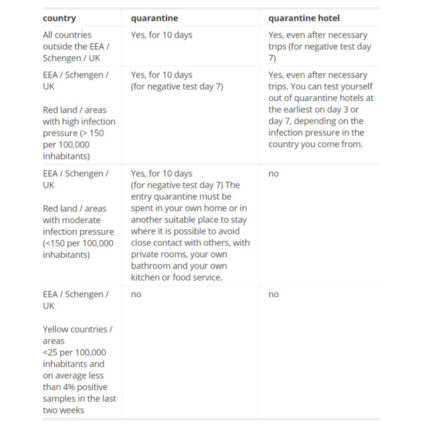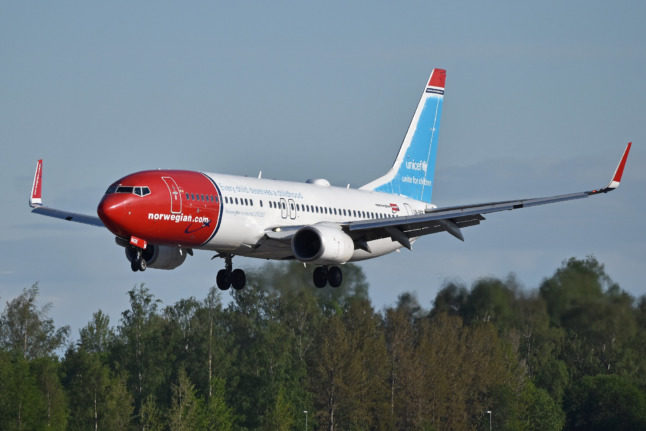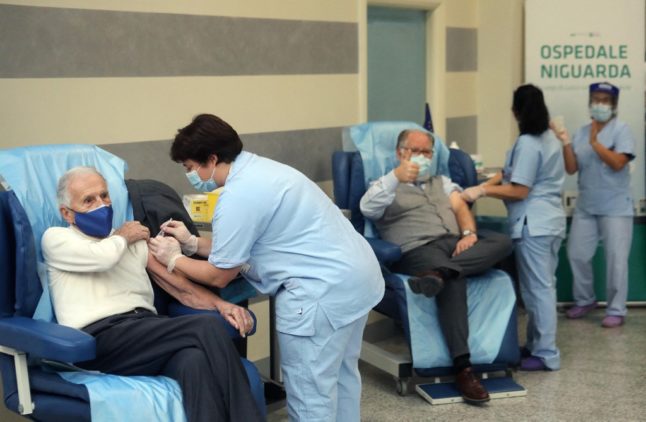On May 27th, new rules came into effect in Norway that meant travellers from the UK and EEA and Schengen countries with low enough Covid-19 infections would no longer have to enter quarantine hotels when arriving in Norway.
Despite being exempt, many travellers were placed into quarantine hotels anyway by border police when going through border checks.
“When I arrived at the border and talked to border police, they immediately said ‘you are going to a quarantine hotel’. It was no use talking to anyone there,” student Ingrid Edvardsen, who travelled from the UK to Norway under the new rules, told national newspaper VG.
Border police have since apologised and said they were unaware of the rule change until late in the evening on the 28th, despite the change being announced on May 21st.
“It is unfortunate if individuals were guided to quarantine hotels which they were not meant to be put into. We apologise if there have been any errors; it is not desirable on our part,” Elisabeth Rise, chief of staff at the National Police Directorate, said to the newspaper.
Prior to the change, the government said that travellers from European countries that have fewer than 150 new infections per 100,000 people in the previous 14 days would no longer be required to enter a quarantine hotel.

However, some, like The Local’s Ingri Bergo, were placed into a quarantine hotel regardless.
After arriving from France, Bergo was placed into a hotel. Despite France having an incidence rate of 98.7 per 100,000 before her arrival, the country is on the Norwegian Health Directorate’s list of countries with high incidence of the virus.
Hei @Regjeringen
Frankrikes smittetall per 100,000 innbyggere de siste ti dagene per 26. mai er 98.7, godt under grensen deres (150) for at innreisende skal slippe hotellkarantene. Smitten har holdt seg lav siden. Er dere helt sikre på at dere opererer med oppdaterte tall? pic.twitter.com/arYVbNS4g2— Ingri Bergo (@ingribergo) May 30, 2021
This may be due in part to the Norwegian Institute of Public Health’s (NIPH) data on the incidence rate data for France being out of date.
The NIPH doesn’t list any data on France past May 16th.
Currently, only Malta, the UK, Portugal, Romania, Ireland and parts of Finland and Denmark are listed as exempt from quarantine hotels.
Countries with low enough incidence numbers, such as Austria and Italy, to be exempt from quarantine hotel, as per the government’s requirements, are also included on the list of countries that still require quarantine hotel stay.
READ ALSO: Can I enter Norway if I’ve been vaccinated against Covid-19?
Those who have been placed in a quarantine hotel even though they are exempt have been advised to contact the municipality where the hotel is based.
Some people who have wrongfully been put into the hotels have been released. Even then, some have encountered further problems.
When Edvardsen was released from quarantine by Ullensaker municipality, she received a call not long after from infection trackers that had thought she’d absconded from the quarantine hotel.
Failure to comply with quarantine can lead to fines of 20,000 kroner.
Ullensaker municipality said that it does not plan on taking the matter with the student any further.



 Please whitelist us to continue reading.
Please whitelist us to continue reading.
Member comments